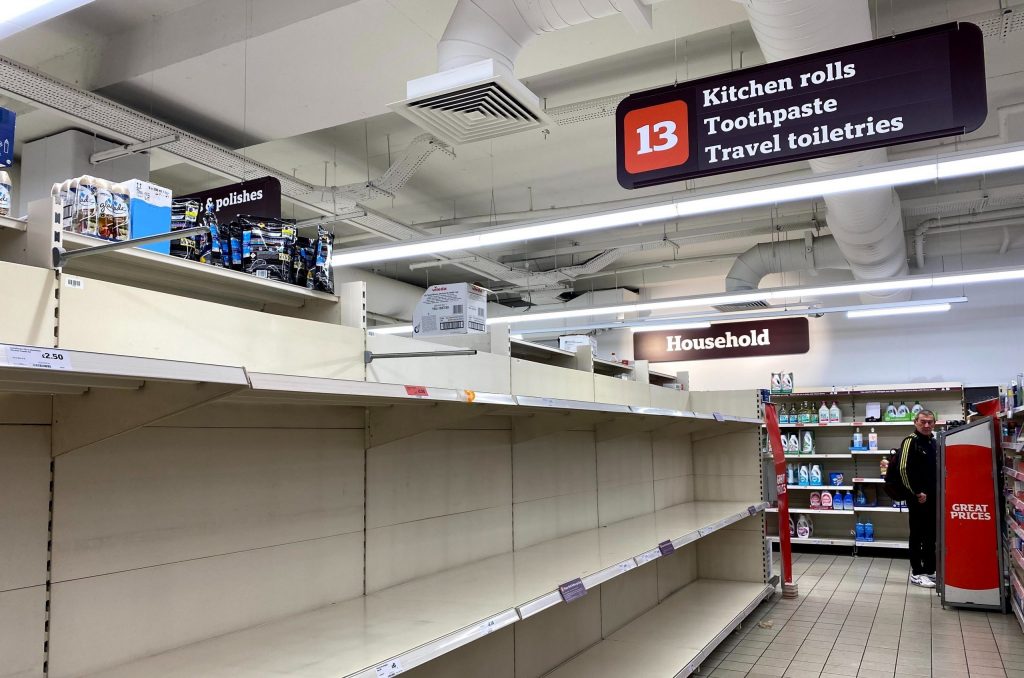The impact of the cost of living crisis is nationwide. As financial pressure mounts, employees are increasingly looking to their employers for help. Laura Parr, Head of Employment Tax at PKF Smith Cooper, shares her advice on providing cost of living support for employees.

Since 2021, the cost of living for employees has increased drastically. Inflation has reached a 40-year high and spiralling energy prices have resulted in steep gas and electricity bills for UK households.
With one in four employees reporting that money worries affect their ability to do their jobs, the cost of living crisis is an urgent issue for businesses as well as their workers.
How can companies support employees with the cost of living crisis?
As an employer, there are two ways that you can help your employees with the cost of living crisis: increase pay or reduce costs.
On the surface, it might seem like increasing pay would be more beneficial for employees, however pay rises and one-off cash payments will be subject to the deduction of tax and National Insurance (NIC) through payroll. If the employee is eligible for state benefits, any increase in cash is likely to result in a corresponding deduction in benefits, leaving the employee no better off and the employer facing higher employer NIC charges.
Additionally, with businesses facing financial struggles of their own, reducing costs is likely to be the more commercially viable option for many employers.
Do all companies give cost of living raises?
No. If your company is not in the financial position to raise employee wages to offset the impact of the cost of living crisis, you are not obliged to do so.
There are a number of alternative ways that you can support employees with the cost of living crisis, which will reduce their costs without increasing your wage obligations.
Six ways to support employees with the cost of living crisis
- Employee discount schemes – Many discount cards and programmes for businesses to sign up to come with offers for leading supermarkets, which could enable your employees to reduce the cost of their weekly food shop. Discount packages typically include offers for gyms and clothing companies.
- Free meals – Businesses could provide free lunches to all staff. Subject to meeting HMRC exemption conditions, this will not be a taxable benefit in kind for employees.
- Support with working from home costs – Employers can give employees who are contractually required to be home-based workers a cash allowance of £6 per week that is tax/NIC free under the conditions of the Working from Home allowance. Alternatively, if the allowance is not paid, the employee can claim tax relief on the same amount from HMRC. This allowance is no longer available for hybrid working, as the temporary relaxation of rules due to Covid-19 ceased in April 2022 and the current rules to qualify are much stricter.
- Salary sacrifice schemes – Salary sacrifice schemes allow employees to contractually reduce a portion of their salary for a non-cash benefit that is more tax/NIC efficient. The most beneficial arrangement is pension salary sacrifice, as the pension scheme and contributions stay the same but net pay increases due to the NIC savings achieved. The employer also benefits from NIC savings, which can be significant.
- Trivial benefits – With careful use of the HMRC trivial benefits exemptions, employers can provide their employees with tax/NIC free goods and vouchers on key life and seasonal events. It is important that all the trivial benefits conditions and limits are adhered to in order to secure the tax/NIC free status.
- Employee benefit schemes – A benefits package will not only support current employees but make your business more attractive to potential job seekers in the future. Common benefits included in employee benefit packages are free eye tests and eye care vouchers, health screenings and health/dental cover.
Please note that there are tax implications surrounding each of these cost-reduction initiatives. It is essential to seek guidance from a tax professional before implementing them within your own organisation.
For specialist advice on supporting employees with the cost of living and the possible tax implications, contact us today to speak to Laura or another of our employment tax experts.




